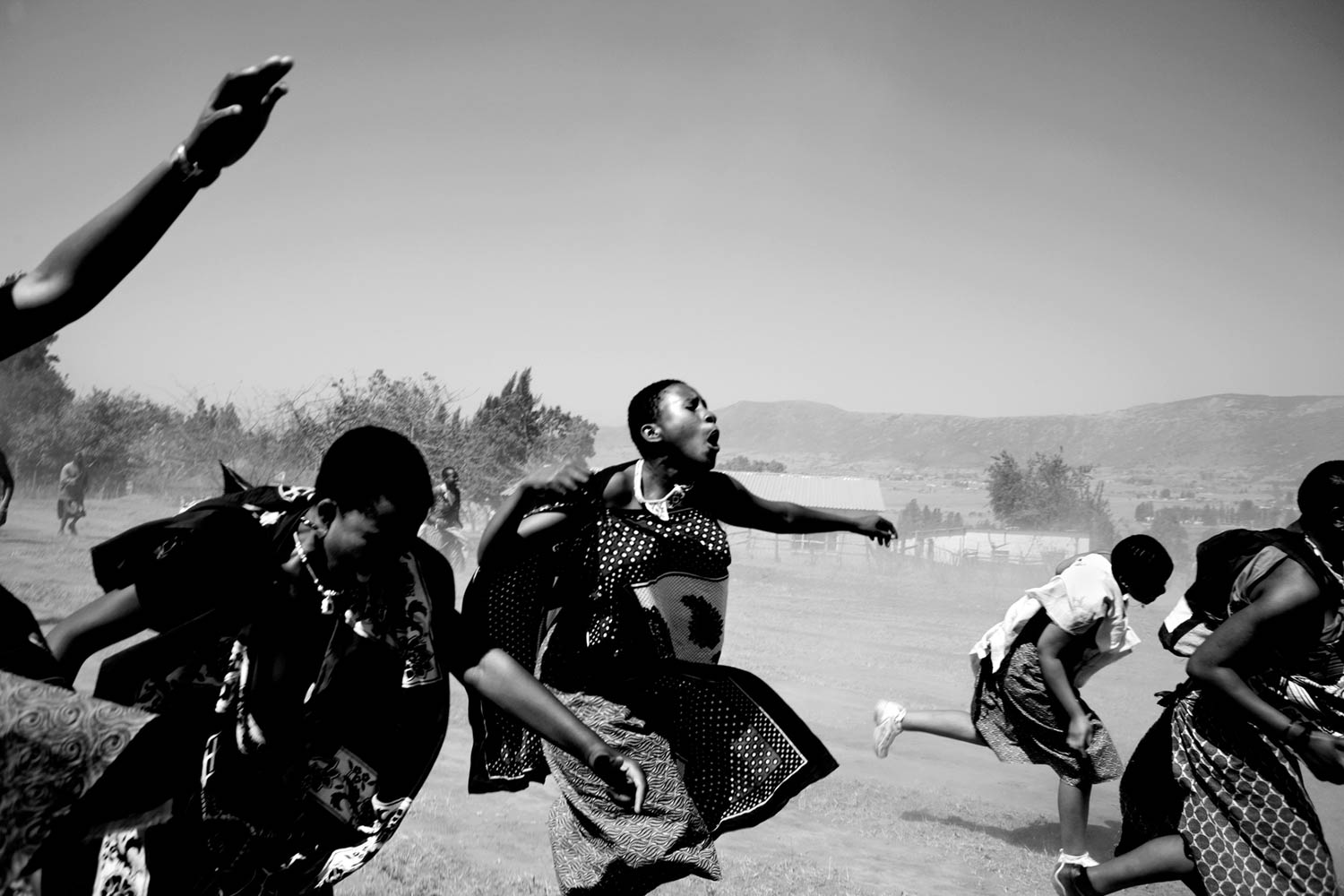
Coming of age for Swazi girls is tough. A tiny African nation of one million, Swaziland is ruled by one of the world’s last remaining absolute monarchies. Its age-old tradition of polygamy and its relaxed attitude toward sexuality have met in a devastating combination for women: Swaziland reports the highest percentage of HIV positive people in the world, with young women being affected most. Half of young Swazi women are HIV positive, and life expectancy has dropped from 61 years to almost 31 years over the past ten years.
Every year, young maidens from across the country gather for the Umhlanga dance, an eight-day ceremony in honor of the Queen Mother to celebrate their virginity. I first went to Swaziland in 2006 to document this annual dance and other coming of age rites of young women living amid a spreading disease and its victims—women who, even in the face of such staggering odds and deep uncertainty, still possess all the energy and enthusiasm of youth. My goal was to capture the nuances that comprise a human, rather than simply tragic, experience.
Over the past five years, the progression of this work has moved from traditional rites of passage to modern youth culture to an intimate look inside the homes of HIV-positive women. My insights have matured along with these young women. It has allowed me to witness fast-tracked intimacy and friends lost and gained. It has made me see that girls here are constantly on the verge––of giving birth to burying best friends, of finding love to fighting for life alone, stigmatized and heartbroken.
These moments in my interactions with young Swazi women remind me of the complicated, frustrating, and deeply human nature of their predicaments, choices and desires. I’ve seen childhood friends reconnect across beds in a hospice, one of which was fighting the inevitable with her lone T-cell—her “one soldier.” I’ve watched innumerable women leave their rural homes to look for nonexistent work near the city, knowing that they will make easy prey for older men who will support them for sex. I’ve photographed a young HIV-positive woman who refuses to take medication out of fear it would indicate to others her impending death. Instead, she tells me about her dreams of joining the army to earn “money like dust” to support herself and her newborn child, joking in the same breath about how she probably won’t make it to twenty and see me on my next trip back. It is difficult to comprehend how she so easily accepts the contradictions in her life. That her own mother is too scared to tell her daughter or any of her friends that she herself has started anti-retroviral treatment—out of fear of gossip and isolation—seems to underscore the frustrating reality that for every step forward, there is a step back.
And that’s the thing: there isn’t a single story, just frustrating inconsistencies. Yet on each trip, I still find a sense of hope for what the future might hold, even as they navigate this narrow bridge between life and death.
Krisanne Johnson has been working on long-term personal projects about young women and HIV/AIDS in Swaziland and post-apartheid South African youth culture since 2006. Her work has appeared in various publications, including TIME, The Wall Street Journal and The New York Times, among others. I Love You Real Fast is on display through Nov. 26 at The Half King in New York City.
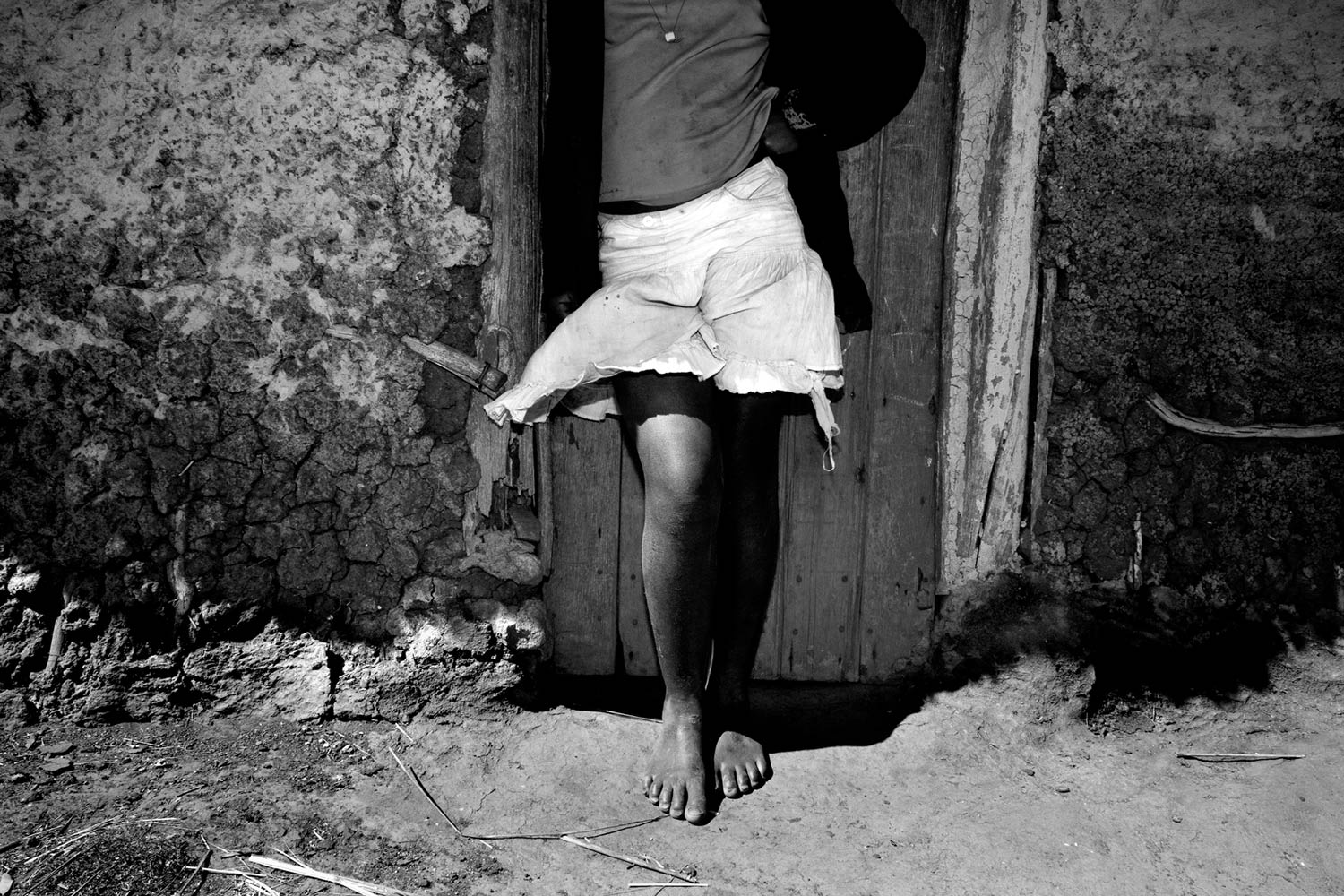
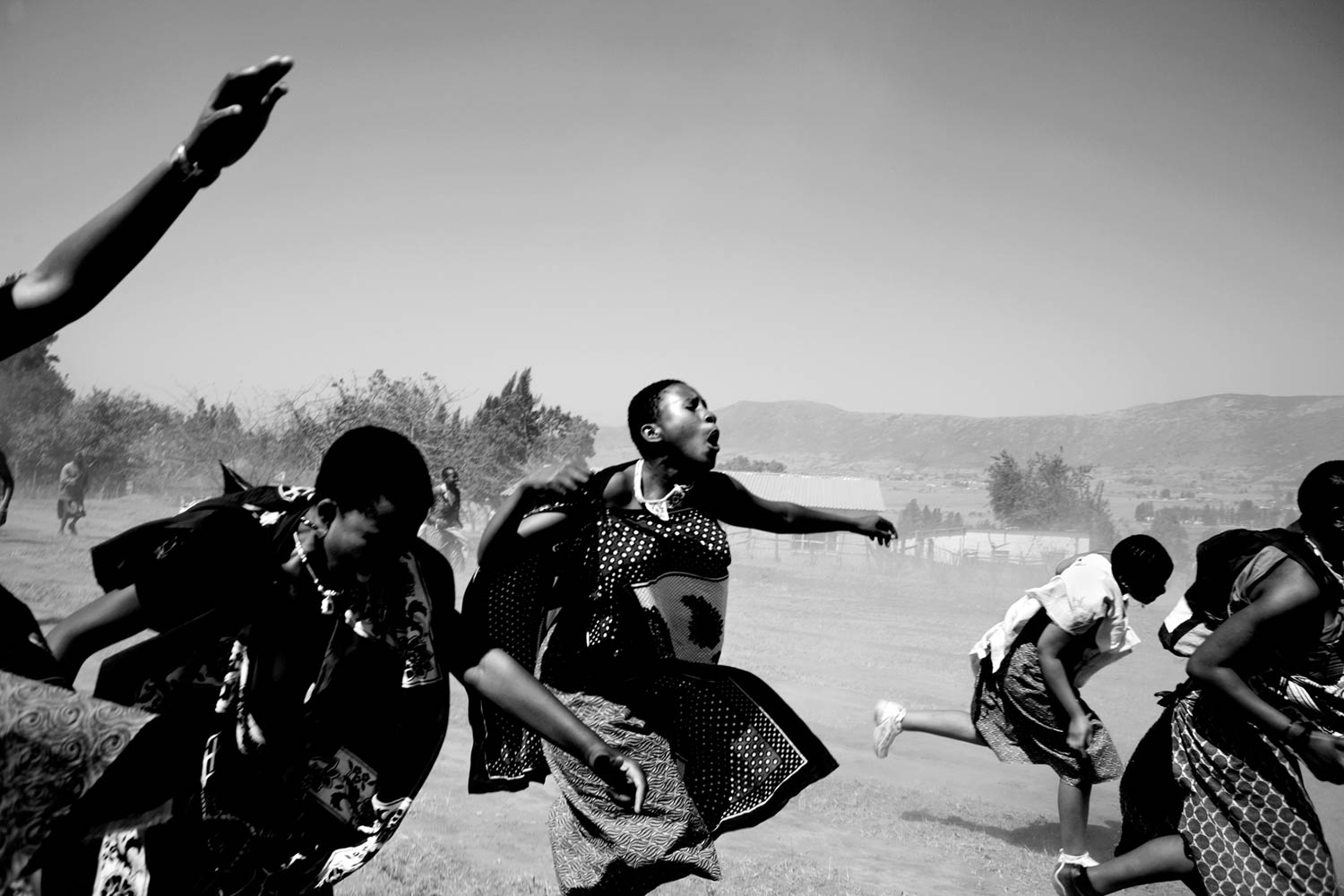
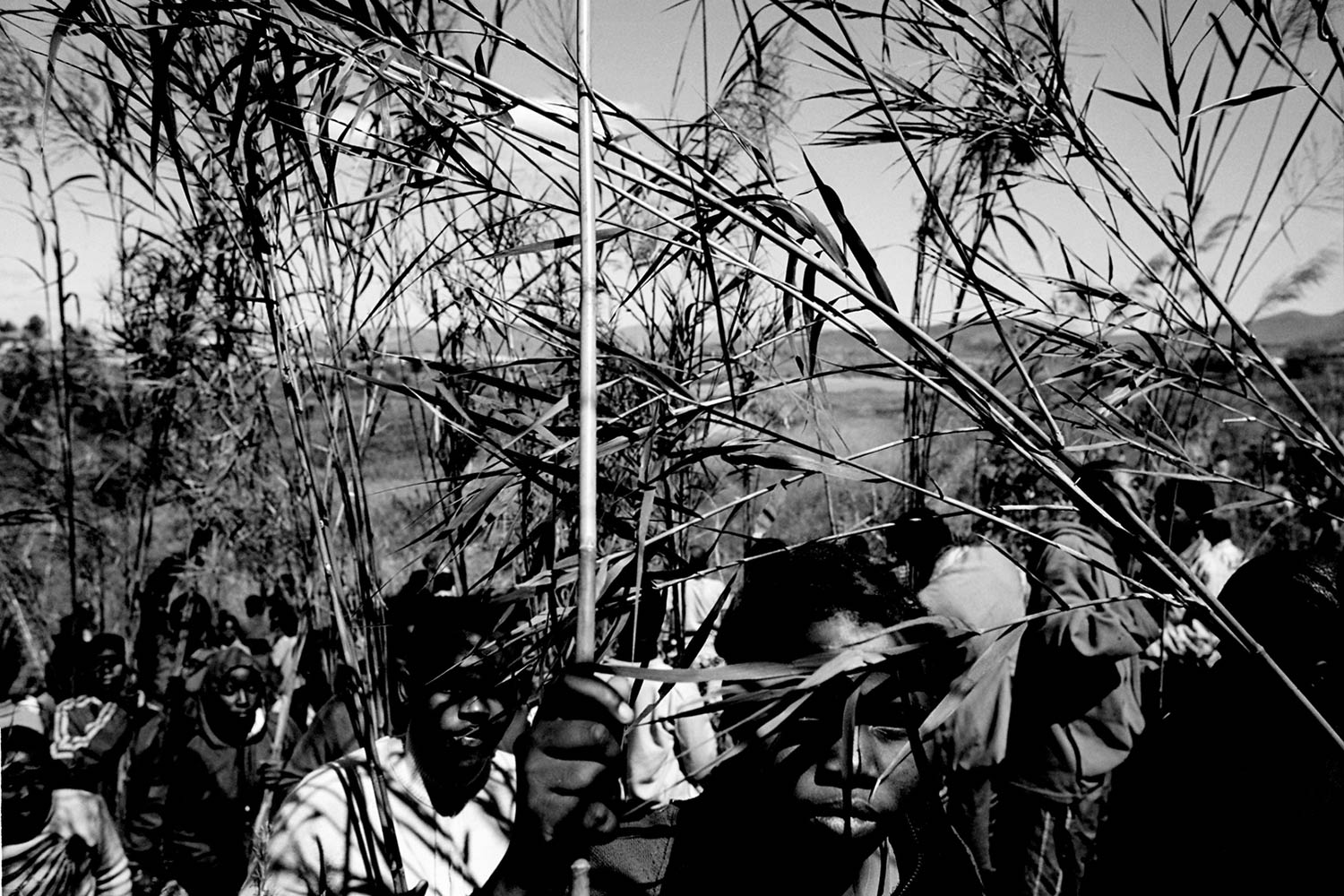
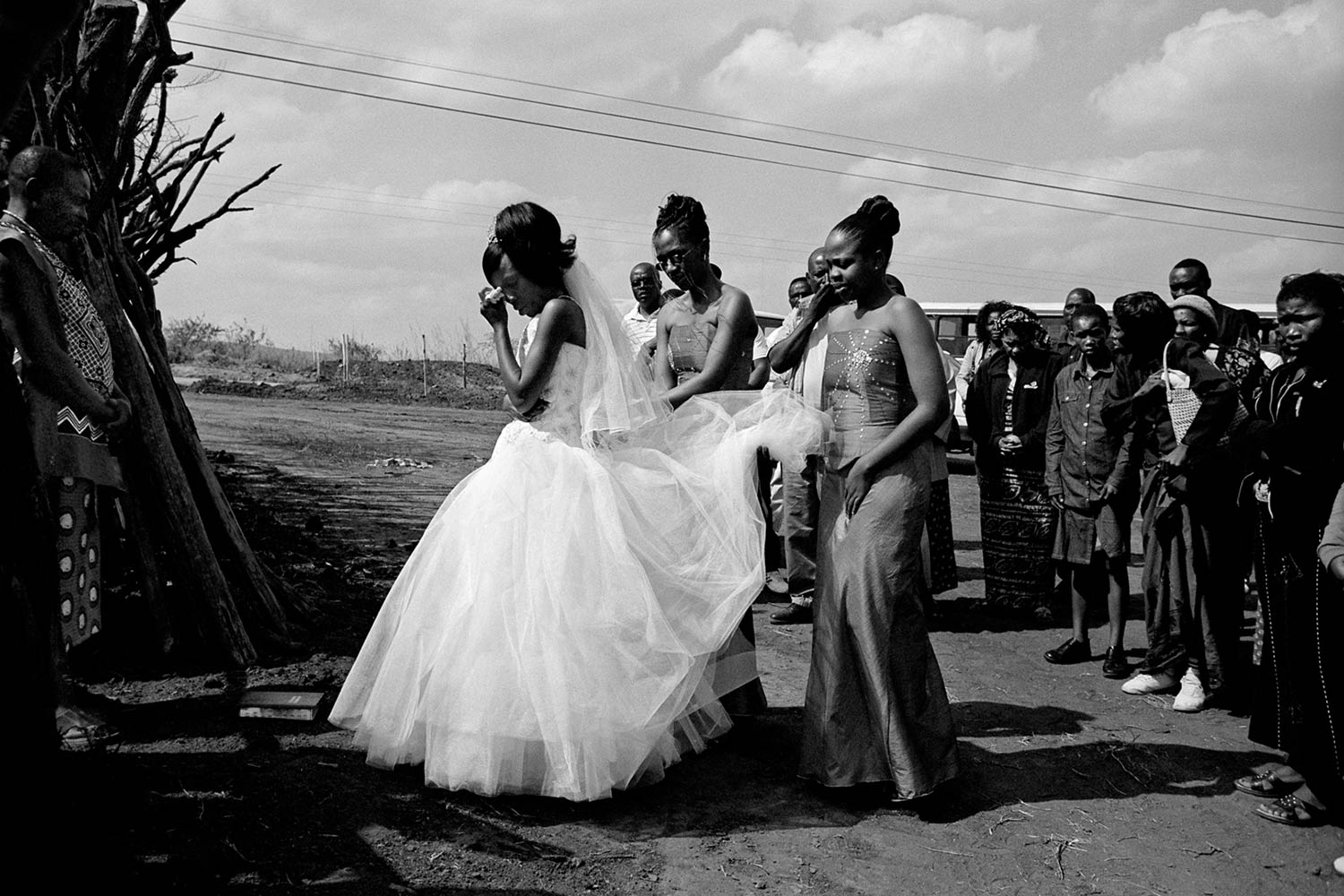
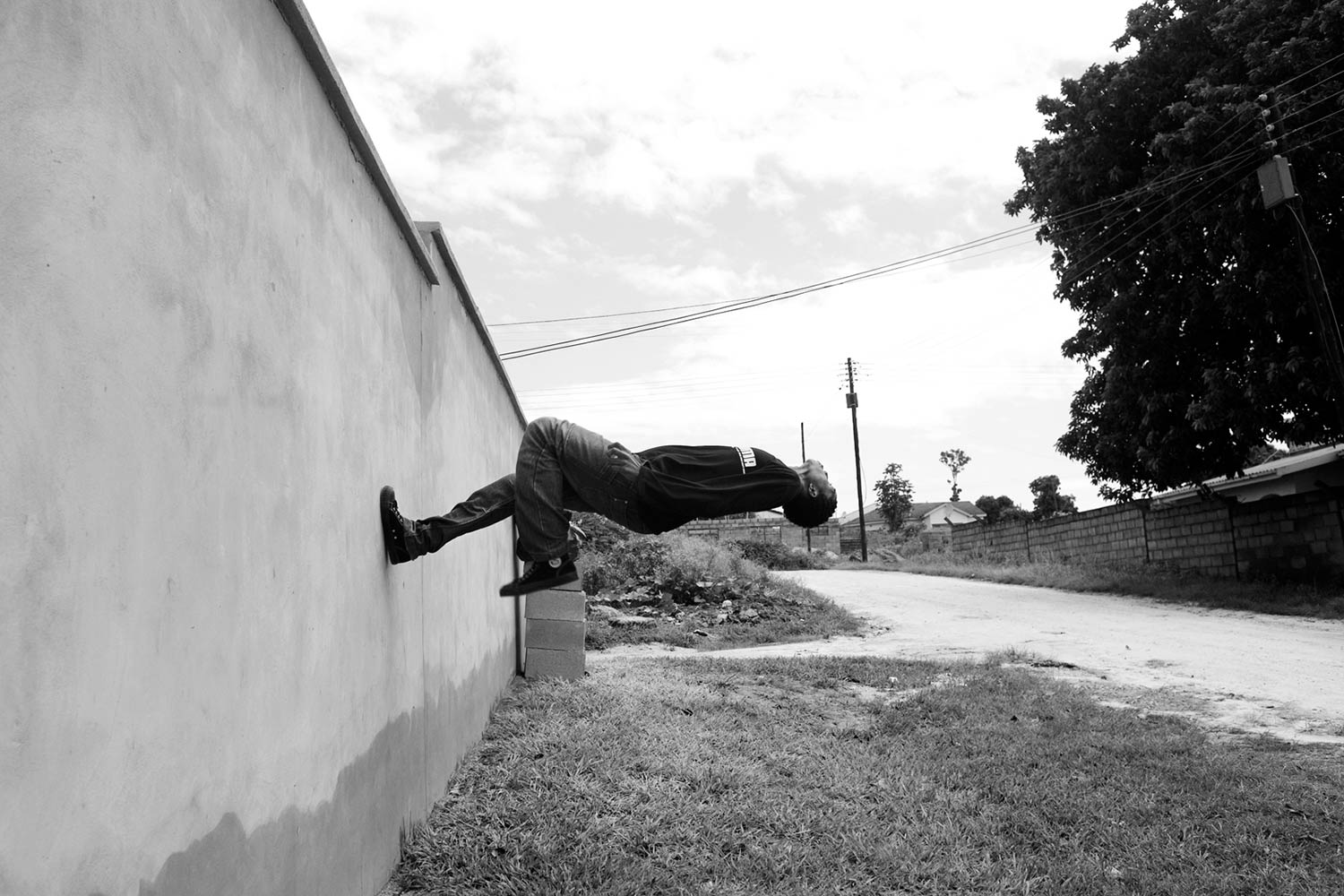
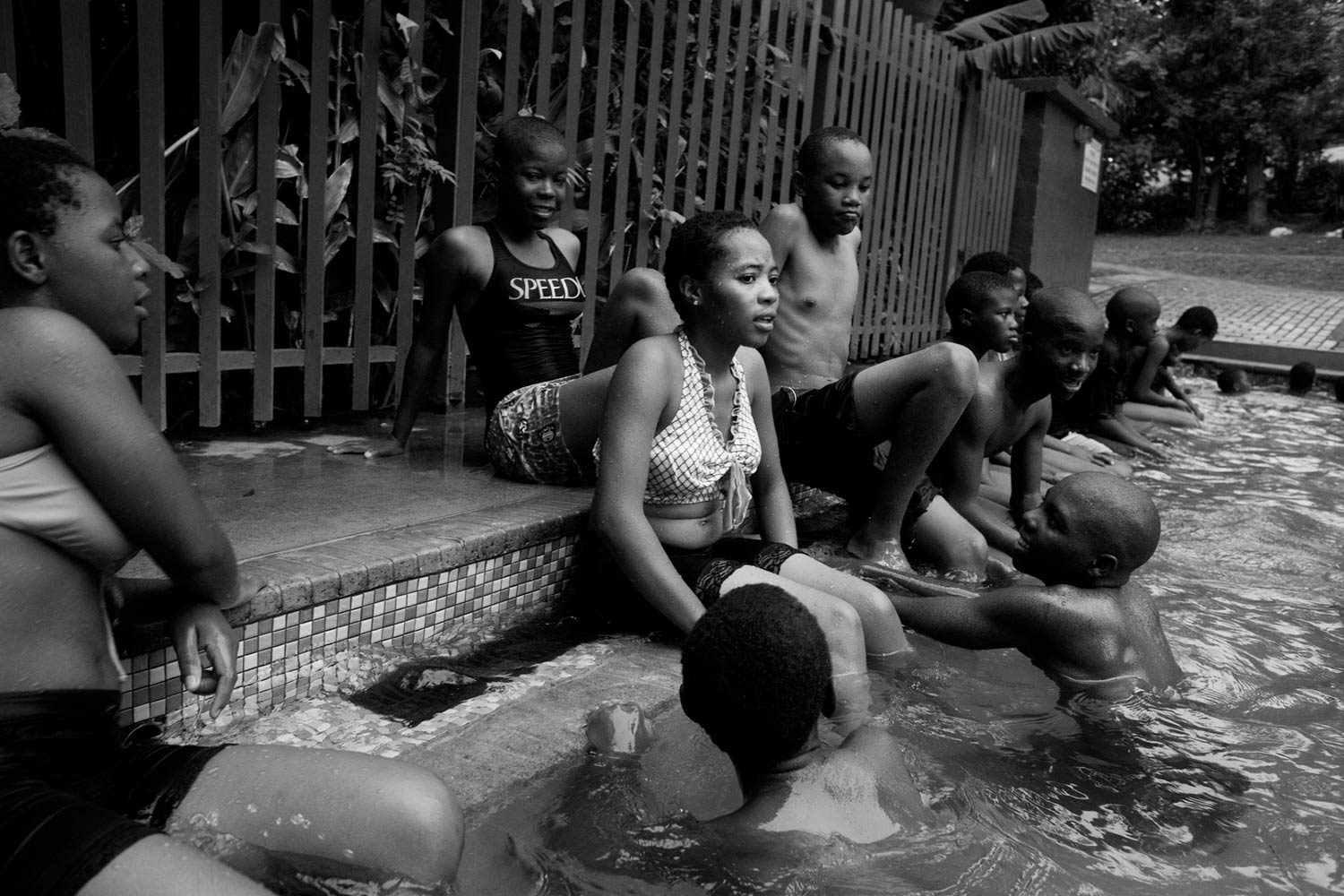
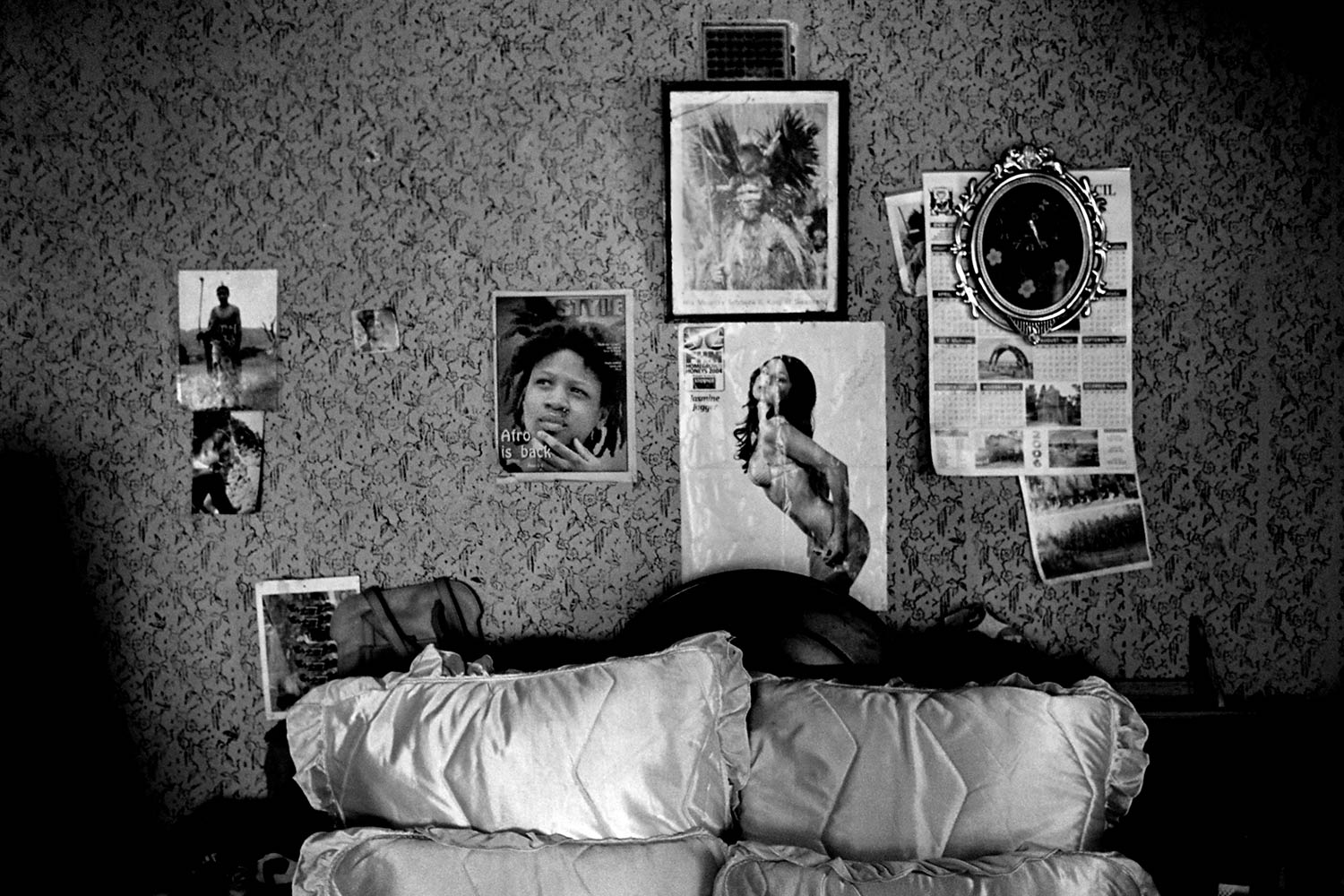

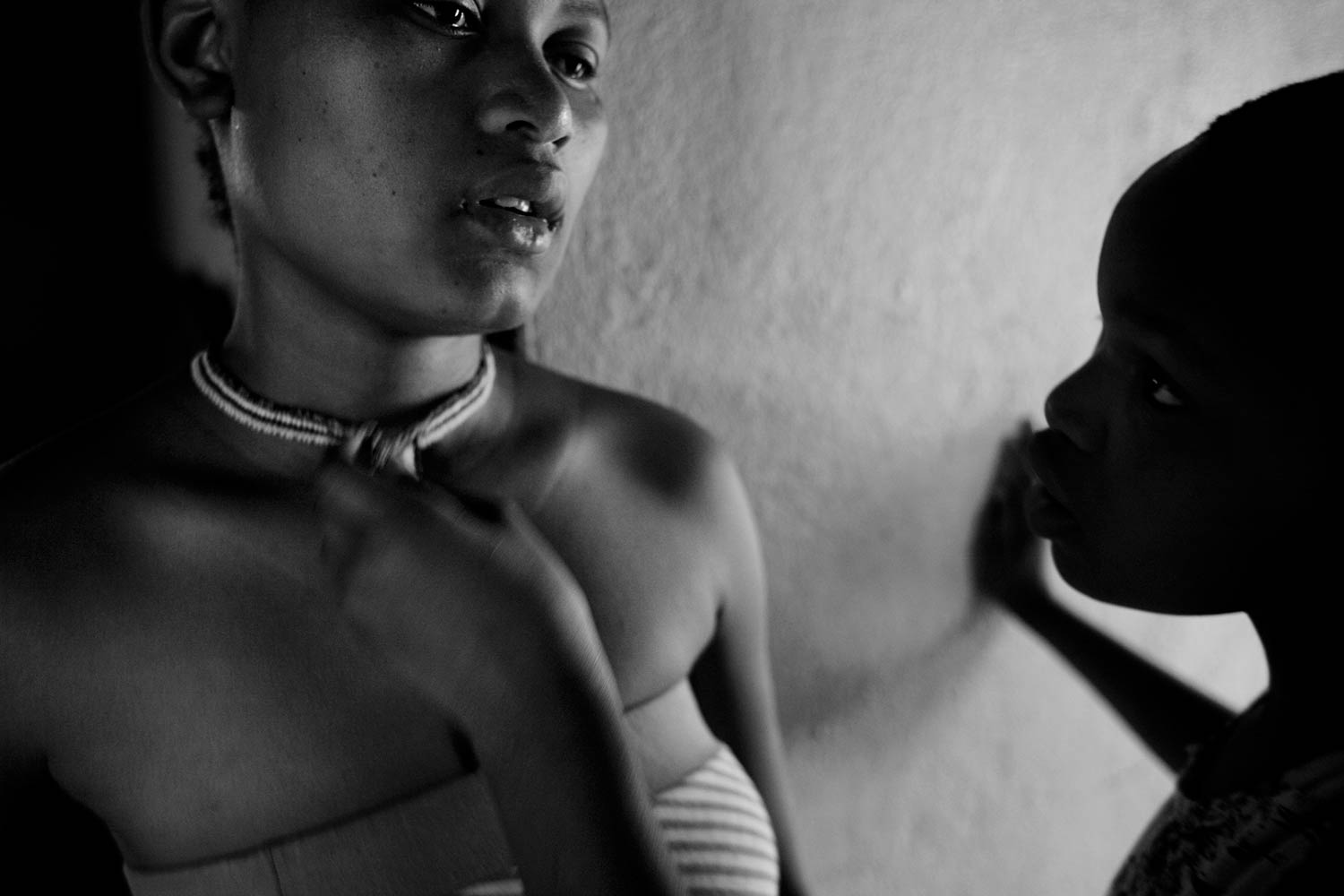
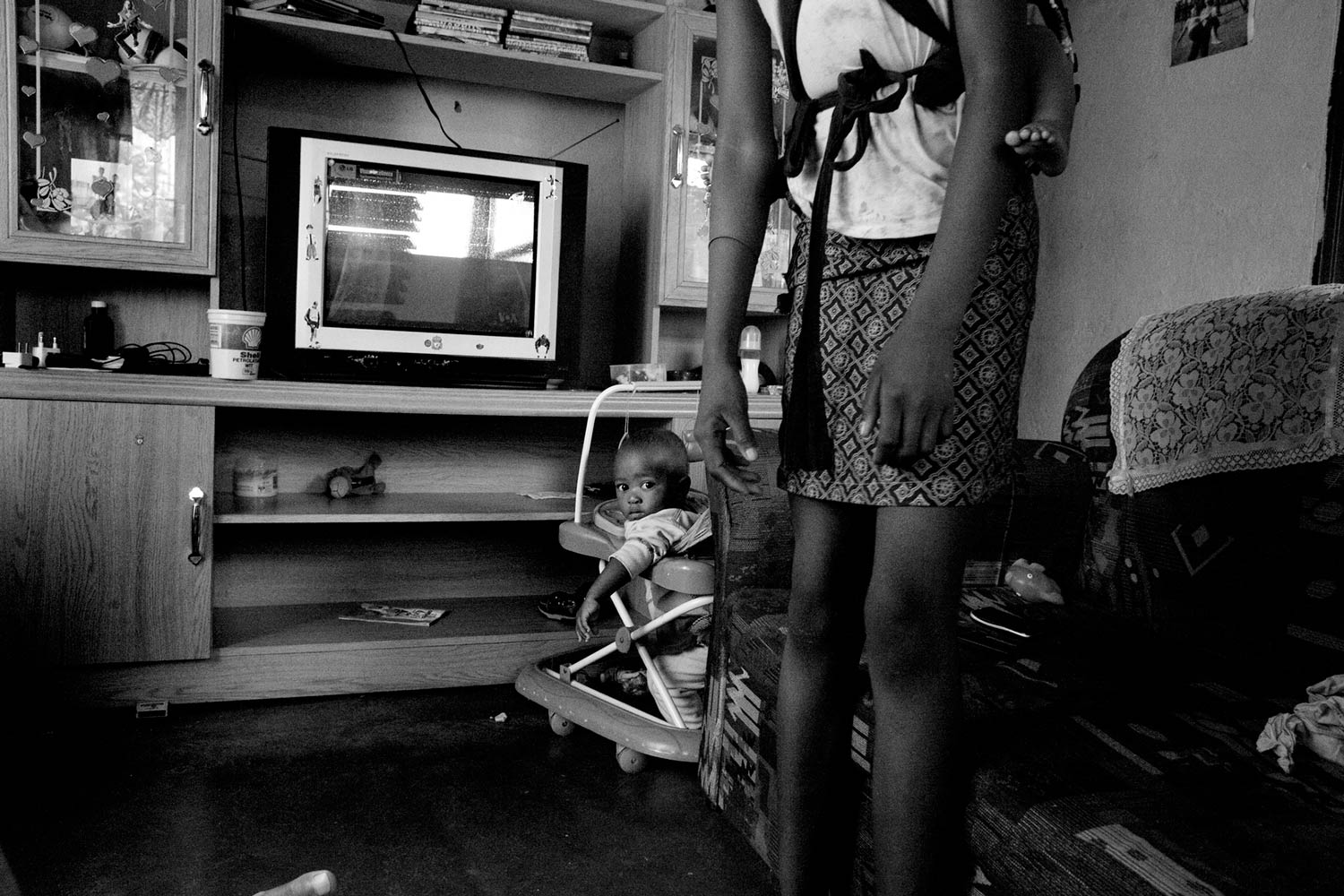
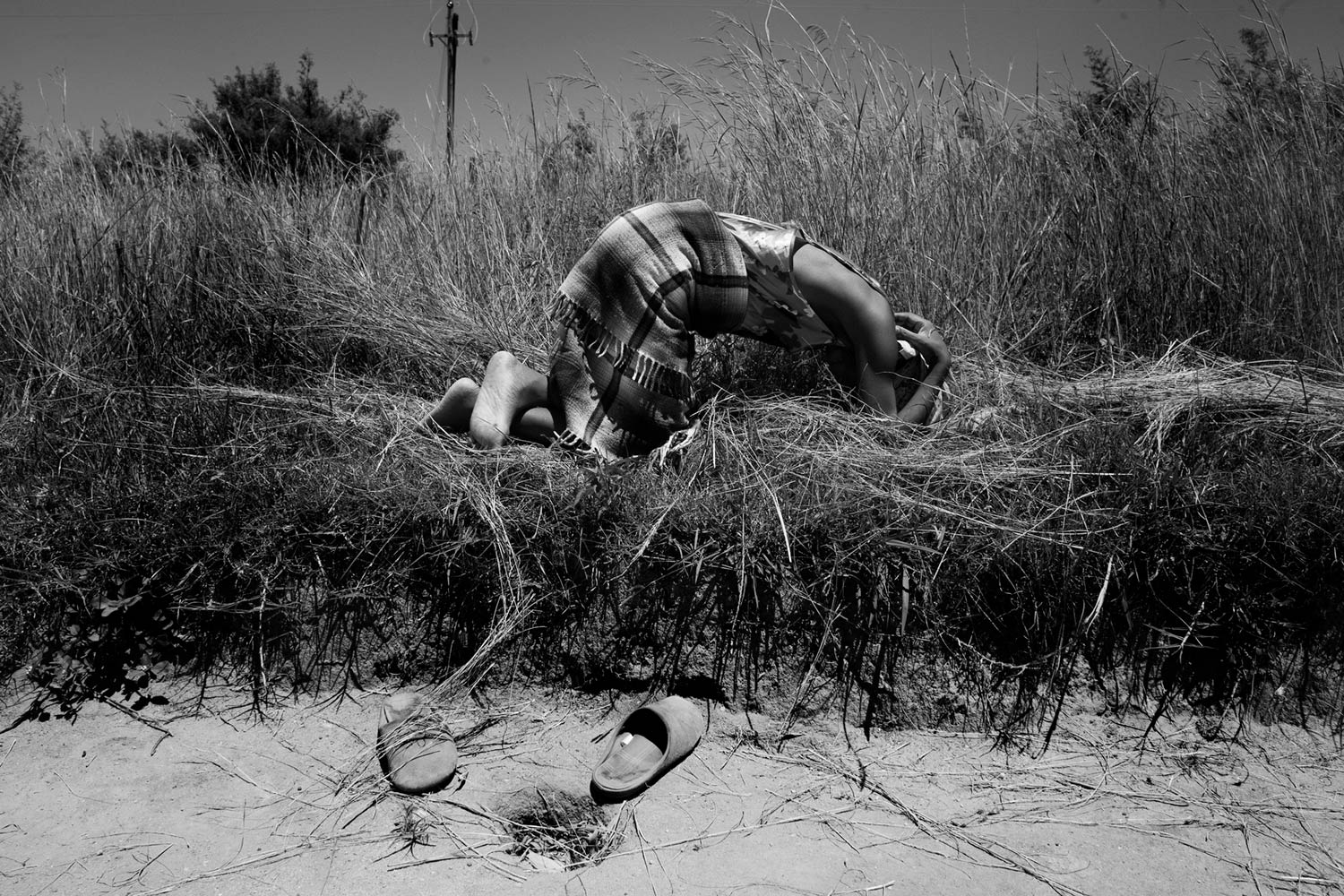
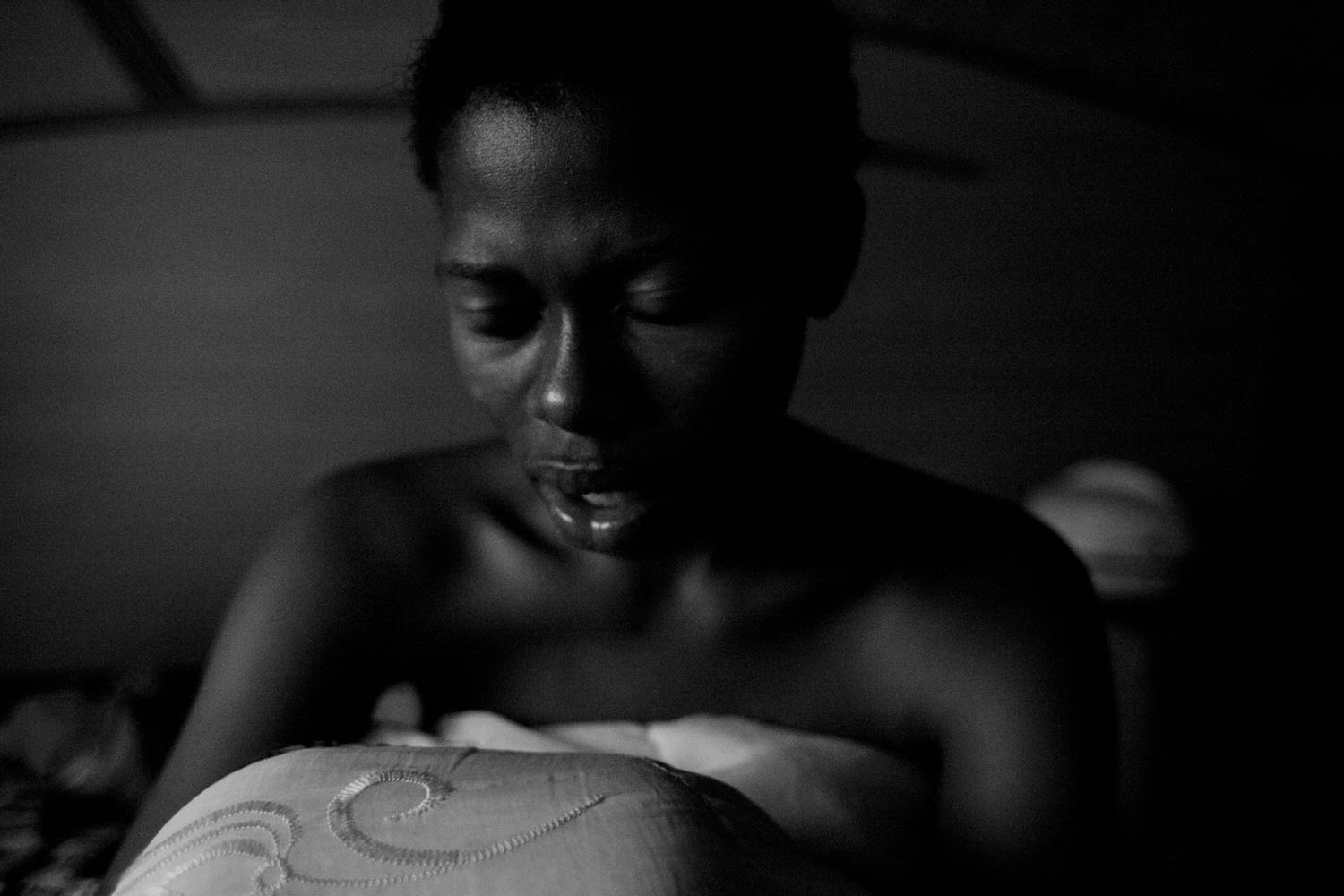
More Must-Reads from TIME
- Inside Elon Musk’s War on Washington
- Meet the 2025 Women of the Year
- The Harsh Truth About Disability Inclusion
- Why Do More Young Adults Have Cancer?
- Colman Domingo Leads With Radical Love
- How to Get Better at Doing Things Alone
- Cecily Strong on Goober the Clown
- Column: The Rise of America’s Broligarchy
Contact us at letters@time.com